Description
Introduction
There is a vast literature analyzing the performance of strategies formed from various historical
indicators comparing different techniques, implementations, and sets of parameters, including
momentum and mean-reversion strategies (cf. Jegadeesh and Titman 2002, Conrad and Kaul 1998),
fundamentals (cf. Fama and French 2008, Pesaran and Timmermann 1995), technical analysis (cf.
Brock, Lakonishok, and LeBaron 1992, Faber 2007), and machine learning (cf. Enke and Thawornwong
2005, Kim 2003). However, it has always been difficult to determine with any certainty whether a
particular technique or a particular strategy could have performed better with different parameters
or different implementations. Further, for the strategies that have been most successful, it is
unclear how much they could have been further improved, if at all.
This paper aims to answer these questions. We develop a new general framework for analyzing
strategies based on a given indicator, use that framework to find the greatest expected return with
the best possible strategy, construct such a strategy explicitly, and derive the implications.

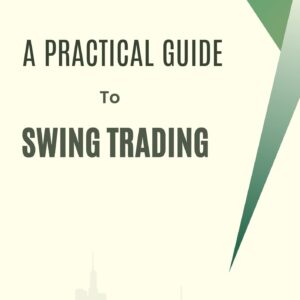 A Practical Guide to Swing Trading
A Practical Guide to Swing Trading 
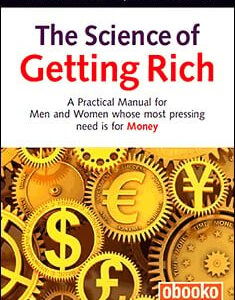
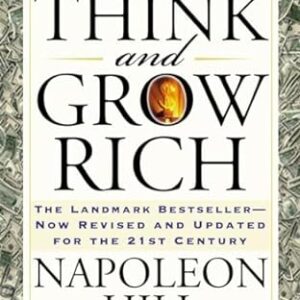
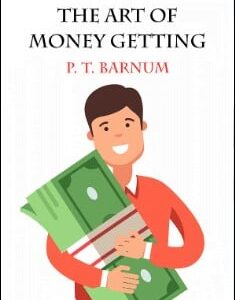
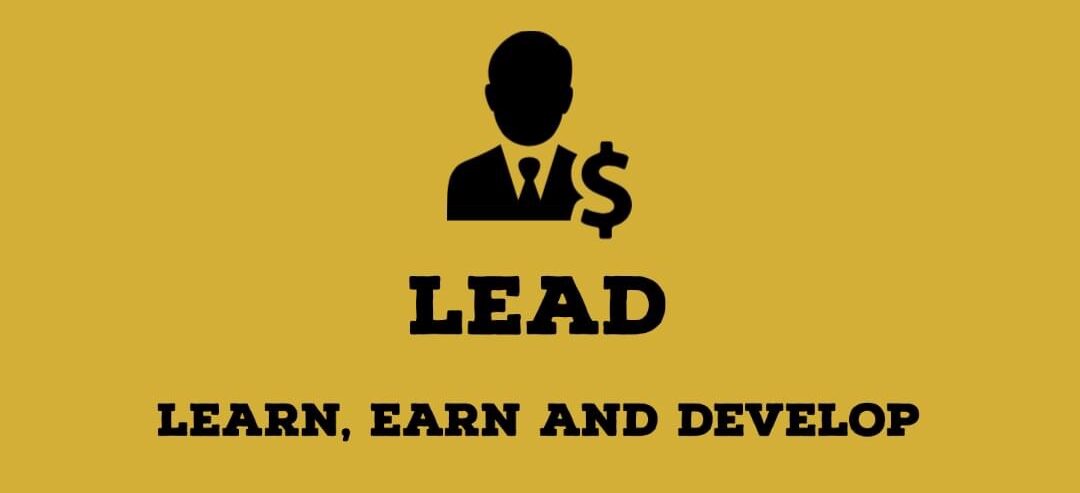
Reviews
There are no reviews yet.